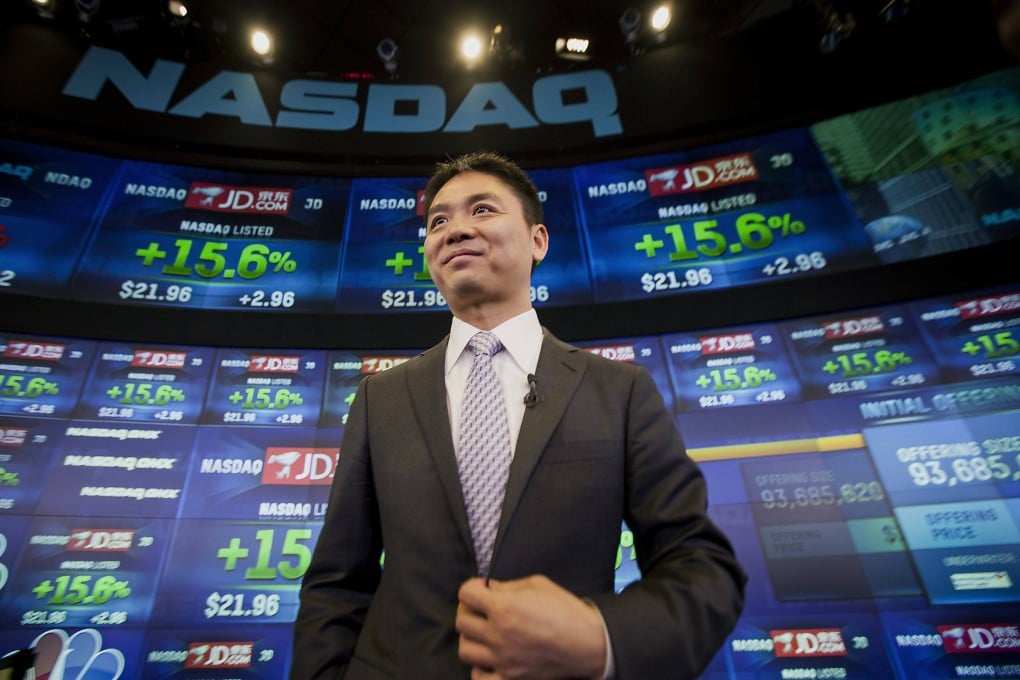How JD.com's Richard Liu turned early disaster into future success
Steeled by earlier failures, Richard Liu Qiangdong took risks that paid off, vaulting his startup JD.com into the ranks of Chinese e-commerce giants


After graduation, Liu put his dreams of entrepreneurship on hold and went to work for health products company Japan Life, where he quickly rose through the ranks.
"During the two years there, I gradually understood that the restaurant bankruptcy was my fault because I had not established management structures, done oversight or established financial systems and procedures," he told the Financial Times in 2012.
Reinvigorated and, more importantly, free of debt, in 1998 Liu decided to take another shot at starting his own business. With just 12,000 yuan he established Jingdong Century Trading, a consumer electronics shop specialising in magneto-optical products.
The business was a success, opening 12 stores in just five years and earning more than 10 million yuan. Then severe acute respiratory syndrome struck. The disease which swept China in 2003, killing more than 300 people, sparked a panic and kept customers at home, leaving Jingdong teetering on the edge of disaster.
"The Sars crisis was a shock to the whole retail business in China," said Jasmine Sun, an e-commerce and retail expert at consulting firm SmithStreet. "Because of Sars, a lot of people started to use e-commerce so they didn't need to go out and take the risk of being infected, so there was a boom in e-commerce that year."